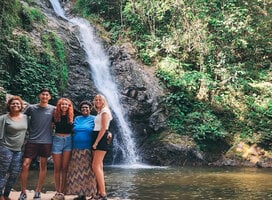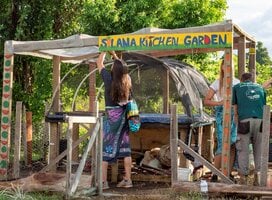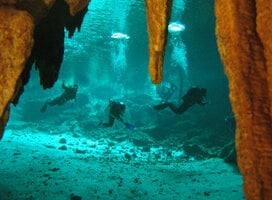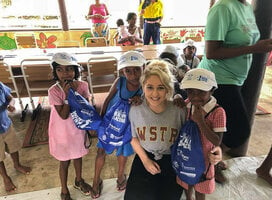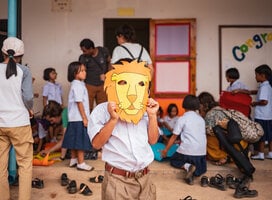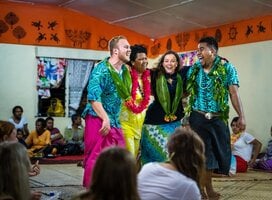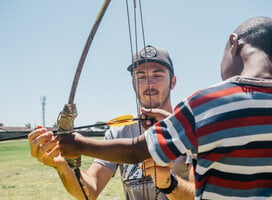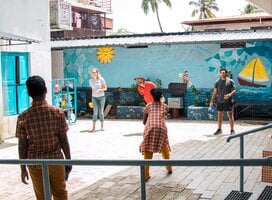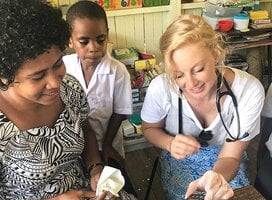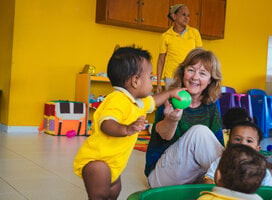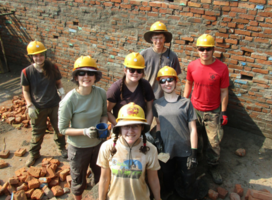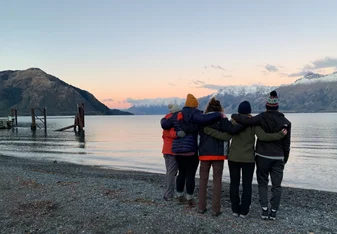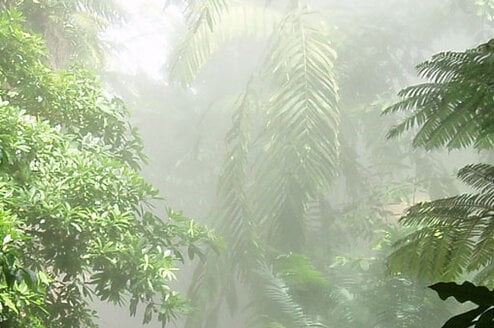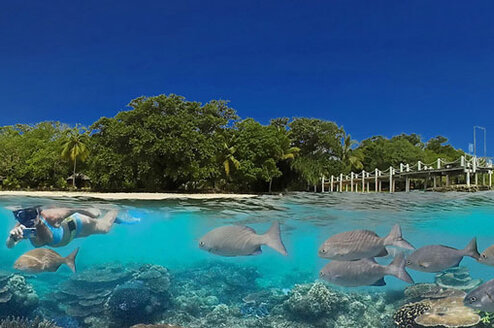Volunteer Programs in Fiji
Fiji has become a popular travel destination, due to its beautiful 332 islands surrounded by volcanic mountains and tropical waters. The archipelago is full of lush rainforests, serene beaches, and coconut plantations. However, there is a lot more going on in Fiji beyond the stunning scenery.
Today, the Fijian government has been working hard to provide sufficient healthcare, education, and opportunities for all. Volunteers in Fiji can help in many ways to improve the quality of life.
Working with Children
Because of the limited opportunities for youth in Fiji, many grow up to be unemployed. While volunteering in Fiji, there are many ways to contribute to solving this problem. Volunteers can find work at orphanages, schools, sports programs, special needs centers, and many other places. Volunteers will be working closing with children, and will need to be able to take initiative. Many youth centers in Fiji are under resourced. It will be up to volunteers to be creative and have fun with the children.
Marine Conservation
Volunteers will get to explore the pristine tropical waters of Fiji, and help conduct research that will provide long-term benefits for the local communities. The data volunteers will collect helps create Marine Protected Areas, and sets up a system of training and teaching to guarantee plenty of food for the population. Volunteer opportunities in Fiji are perfect for those interested in marine life. There are also opportunities for veterinary and animal care.
Healthcare
Depending on your medical experience, there are many volunteer positions in Fiji those interested in hands-on work. You will be working with medical and healthcare professionals on a variety of different tasks at medical organizations or charities. There are opportunities to shadow doctors and nurses, assisting with screening programs, raising local awareness, delivering safety and first aid training, or providing care at elderly homes. No matter what kind of experience you would like to get out of your time in Fiji, you will have an eye-opening time.
Before you leave, be sure to check out online communities of returning Fiji volunteers such as Friends of Fiji. Once you arrive in Fiji, you can find more help and resources at the recently established Fiji Council of Social Services (FCOSS) National Volunteer Center.
NGOs in Fiji
Many NGOs have been set up in Fiji in the past few years, proving beneficial to local communities. The NGOs in Fiji come in a wide variety of sizes; grassroots, corporate, and national bodies. For a full list of current NGOs, refer to the most recent Directory of Developmental Organizations.
Because Fiji is a top tourist destination, it is easy to spend a lot of money. However, if you stay away from tourist traps and find cheap accommodation, you will be able to save quite a lot of money. You should also try not to eat out for every meal. If you follow simple money-saving tips, you should be able to keep costs low, especially if your housing and meals are included in the program fee.
